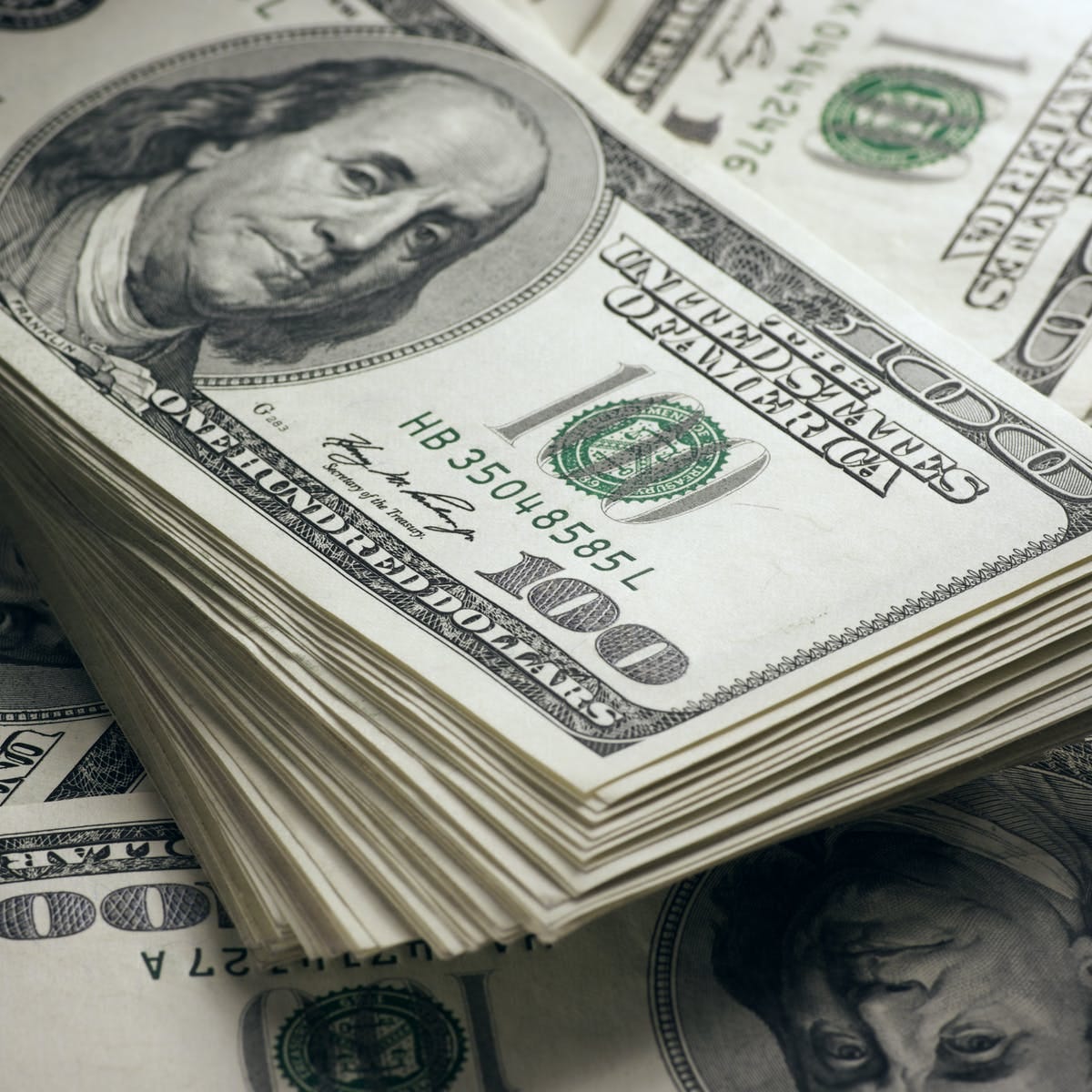
In recent months, several financial experts, including UBS analysts, have raised the question: Is it time to short the dollar? With ongoing global economic shifts and changing interest rates, many are now considering whether the US dollar is on the verge of a decline.
UBS, along with other major financial institutions, believes that the dollar’s strength may soon reverse. As inflation rates stabilize and central banks adjust their monetary policies, the conditions for a weaker dollar may be aligning. But what exactly is driving this shift, and should investors start betting against the dollar?
Economic Shifts Favoring a Weaker Dollar
Over the past year, the US dollar has remained relatively strong, largely due to higher interest rates set by the Federal Reserve. These rates have attracted foreign investment, making the dollar an appealing asset for those seeking higher returns. However, experts now believe that this strength might be short-lived.
First, inflation in the US has begun to ease, with signs that the economy is stabilizing. As inflation decreases, the Federal Reserve is likely to slow down its rate hikes. With fewer rate increases expected, the dollar may lose some of its appeal, as investors look elsewhere for better returns.
Moreover, global economic recovery post-pandemic has led to a shift in the global financial landscape. Emerging market economies, particularly in Asia and Latin America, have been gaining strength. This could reduce the demand for the dollar, especially in regions that have been heavily reliant on it for trade and investment.
UBS and Other Analysts Weigh In
UBS analysts have been particularly vocal about the potential for the dollar to weaken. According to their latest reports, they predict that a combination of slowing US growth and adjustments in global monetary policy could lead to a reduction in the dollar’s dominance.
Similarly, analysts from other financial institutions like Goldman Sachs and Morgan Stanley also share similar views. They suggest that the dollar’s prolonged period of strength may be coming to an end, and that this could present an opportunity to “short the dollar” — essentially betting on its decline.
In fact, some analysts are already positioning their portfolios to take advantage of a possible dollar downturn. By shorting the dollar, they stand to benefit if the greenback falls in value. This strategy involves borrowing dollars to sell at current prices and then buying them back at a lower price if the dollar weakens.
Should Investors Short the Dollar?
While UBS and other analysts make a strong case for a weakening dollar, investors must consider the risks. The timing of any potential decline is uncertain, and there could be unforeseen factors that influence the dollar’s performance. For example, geopolitical tensions or unexpected shifts in global commodity prices could provide support for the dollar.
Additionally, shorting the dollar involves significant risk. If the dollar unexpectedly strengthens due to external factors, investors who bet against it could face substantial losses. As always, it is crucial to balance such speculative strategies with solid risk management.
Global Factors to Watch
Several global factors could play a role in the dollar’s future direction. The ongoing war in Ukraine, for example, could influence global economic stability and demand for the dollar as a safe haven. Similarly, decisions made by the European Central Bank (ECB) and the Bank of Japan could have implications for the dollar’s standing against the euro and the yen.
Furthermore, developments in China’s economy and its monetary policy will be key in determining the future of the dollar. If China continues to internationalize the yuan and expand its influence in global markets, it could reduce reliance on the US dollar, which would contribute to its potential decline.
Conclusion: Is It Time to Short the Dollar?
UBS and other leading financial institutions believe that the conditions for a weakening dollar are in place. As inflation subsides and global economic shifts occur, it may be the right time for investors to consider shorting the dollar. However, it’s important to note that currency markets can be volatile, and predicting short-term movements can be challenging.
As always, it’s essential for investors to stay informed, monitor economic indicators closely, and be prepared for the unpredictable nature of currency markets. Whether or not it’s time to short the dollar depends on individual risk tolerance and market outlook.
More Stories
Coinbase Executive Warns Bitcoin Could Explode Like the South Sea Bubble
In a striking statement that has stirred debate across the crypto industry, a senior executive at Coinbase Asset Management has...
Gemini Crypto Firm Aims for $2.3 Billion Valuation with IPO Plans
Gemini, one of the leading cryptocurrency exchanges, is setting its sights on a massive $2.3 billion valuation as it prepares...
Trump Family Turns to Crypto After Bank Fallout
Following a growing fallout with traditional financial institutions, the Trump family’s crypto move is capturing headlines. After being distanced by...
Japan Ramps Up Bitcoin Buying, Metaplanet Leads the Charge
Japan Bitcoin Buying is gaining momentum in 2025. Local companies are increasingly adding Bitcoin to their balance sheets. Leading the...
North Korea Accused of Stealing Cryptocurrency from British Company—Here’s the Shocking Amount
The focus keyphrase for this report is: North Korea crypto theft A Sophisticated Crypto Heist The UK’s National Crime Agency...
BitMine Spends $130 Million on Ethereum Amid Market Decline: A Bold Investment Move
BitMine, a leading crypto mining company, has spent $130 million to buy Ethereum during a market downturn. This unexpected decision...

